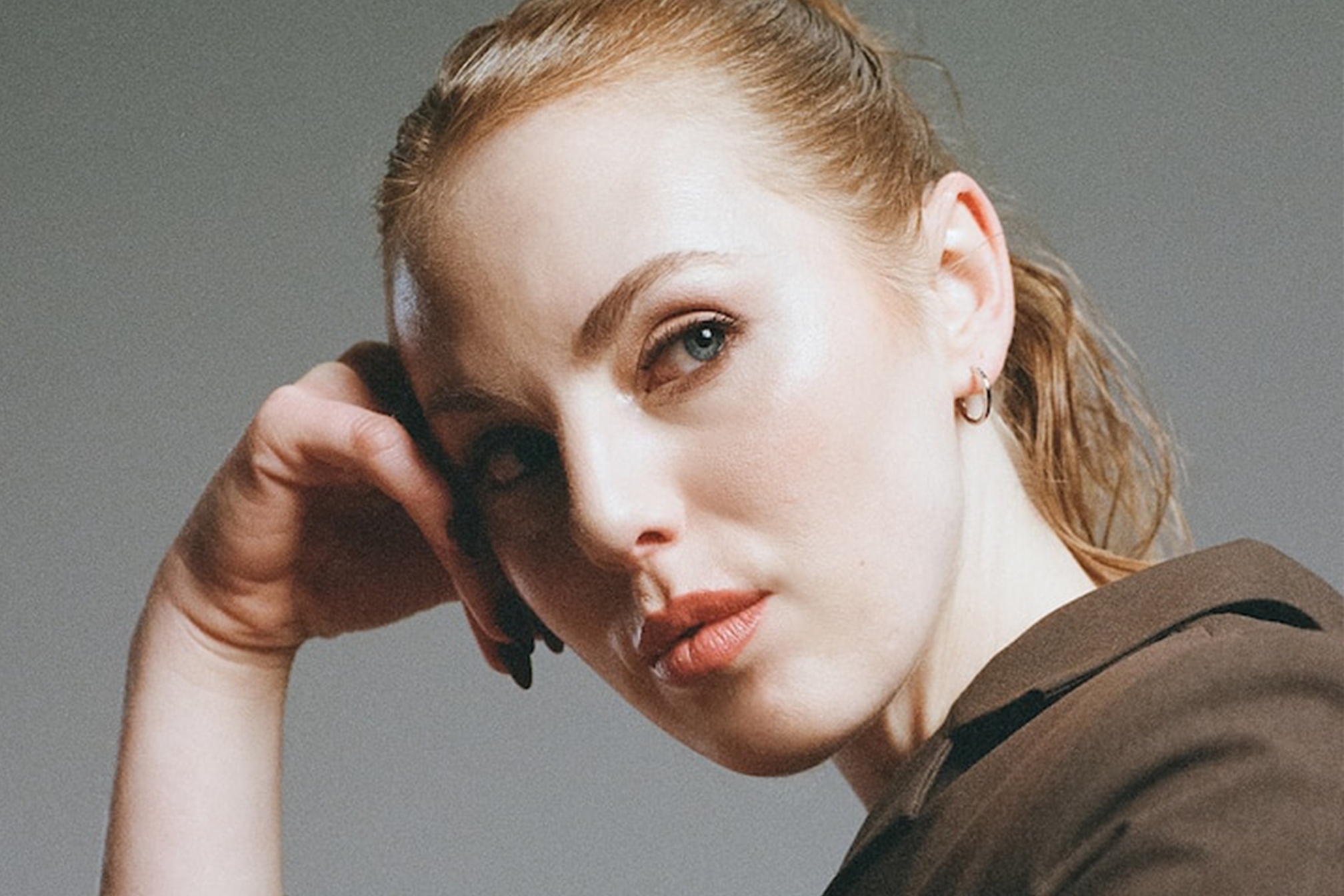 INTERVIEWS
INTERVIEWS
On 'Mwah', Purient is awake
The Naarm-based singer songwriter describes how time has brought the project even further into its own life.
PurientPurient is the pseudonym of Naarm/Melbourne-based producer and vocalist Kate Durman (she/her). A longstanding figure within Naarm’s electronic scene, Purient has been releasing brooding, purposeful and often dancey pop since 2016.
Kate’s most recent endeavour, the immediately cult-followed Acopia, an ultra-emotive dream pop project she shares with Lachlan McGeehan and Morgan Wright, has understandably taken up much of her time. So too, perhaps unexpectedly, it’s also borrowed heavily from Purient’s sound, her vocals and its emotion.
Her latest release under Purient, the first in over two years, comes as a harsher, grittier, dancier call when compared to Acopia’s response. Released via Steel City Dance Discs (SCDD), ‘Mwah’ is Purient for 2025.
Deep rumbling bass, crunchy percussion and more hauntingly breathy vocals than usual are the beating heart of a release that feels like a natural evolution to Purient’s work, and her identity as a solo artist.
Following its release, Mixmag ANZ sat down with Purient to get an idea of where ‘Mwah’ sits in her artistic identity, and how the release came together.

Q: ‘Mwah’ is the first piece of work you’ve put out as Purient in over two years. How long has it been in the works?
P: It started with ‘Three Mirrors’ (the final track of this EP) which I wrote in 2021. I knew I wanted it to be a part of a special release, and waited until I had other songs that felt equally authentic and cohesive to bring it all together. There was definitely time between 2021 and now where I questioned which direction I would go in, but eventually I decided to stop overthinking it and just follow what felt right in the moment.
-
Q: Can you give us some background on how this project came to be released on SCDD?
P: I’d been a fan of SCDD for a few years and had been following several of their artists for a while. Eventually, they reached out to me through DMs, and from there we started chatting over email and I was sending demos through. When they asked if I wanted to release an EP with them I was so stoked. It felt like I had manifested it in a way!
-
Q: Other than some moments on ‘Memories’ (2012), ‘Mwah’ is the darkest & grittiest music you’ve put out so far. What motivated this descent into darker electronic territories?
P: I think it came from a deep internal shift over the last few years. I used to really struggle with anxiety, depression, low confidence, all of that. But over the timespan of writing this EP, I had done a lot of work on myself. I honestly feel like I’ve become a completely different person— in a positive way. This EP feels like a release of my old self and an embrace of a new one, as cheesy as that sounds. I used to feel so disconnected and numb, but now it’s like I’ve just started living and everything seems way more colourful and clear. I wanted ‘Mwah’ to capture that energy, to feel more awake.
-

Q: The Purient project has evolved a lot in the time you’ve been doing it. Your first single released in 2016, and is arguably more like Acopia than it is modern Purient. What has time taught you about Purient and what music suits it/her best?
P: Both Acopia and Purient can feel like different sides of the same coin for me. Depending on my mood, I lean into one or the other. I love having the freedom in my solo project to do whatever I want, and explore lots of different genres, and I also really love making music and collaborating with two of my best friends in Acopia. I think time has taught me to trust my instincts and focus on what feels right, rather than trying to fit into a specific mould or be a certain type of artist. I think Purient is sometimes hard to pin down genre-wise, which is half the fun of it for me.
-
Q: What does Purient represent to you now that Acopia has also become such a huge part of your life musically?
P: Working in both equally brings so much enjoyment, for slightly different reasons. When I’m working on my own stuff, I’m just honed in and in my own world, not talking to anyone, which is so therapeutic. It’s nice not having to use words and just be completely dialled in and doing things intuitively. And on the other hand, Acopia has given me a deep sense of connection, like, having fun and making stuff with my friends. I’ve spent so much time doing things solo, even outside of music, so Acopia really fills that social and collaborative need for me. It’s also taught me a lot about songwriting. Both projects have their own necessary place for me, and honestly I don’t think I could have one without the other, something would feel like it’s lacking.
-
Q: Of the release, it’s said that it draws “on the delicate interplay between the physical and emotional dimensions of human relationships.” Can you explain how you see that presenting itself most clearly on the release?
P: Reflections on relationships, friendships, and connection in general, shows up in all my releases I think. But in this EP, it shows in the more contemplative and emotional-pop ones like ‘Get Better’ and ‘I Won’t Remember You’. ‘I Won’t Remember You’ was a song I wrote about letting go of friendships that don’t serve you anymore. ’Get Better’ is about the excitement, nervousness, fantasy and attachment that can build early on in seeing someone new and you’re not sure if it’s a good thing or bad thing. I think it shows up the most in these two.-
Q: People are finding themselves on electronic-focused dance floors more than ever before, perhaps stereotypically to harder, faster music with less lyrics. I’d love to know what kind of dance floor you envision ‘Mwah’ existing on, or if you think it even exists on a dance floor at all?
P: I envisioned ‘Mwah’ existing outside of clubs to be honest. When I was writing it I was thinking about it soundtracking scenes in a movie, or maybe it plays in headphones while you’re on the way to go meet up with someone. I’d always thought about these songs in a setting where the person listening is by themself and is on some journey. Thinking about it in a club-type setting didn’t jump out at me, maybe that’s because I never really got into clubbing. But if I had to pick, I think it’d work best as part of some outdoor festival, where it’s not just dance or club music and there’s heaps of different acts that all span very different genres.
-
Q: What has excited you most about this release, and what are your hopes for it?
P: It’s been really fun seeing it connect with people, hearing which song resonates the most, as you never really know. I love it when someone tells me what a song means to them or has a story. I’m also just excited to play more live shows and meet new people.
-
'Mwah' is available via the SCDD Bandcamp.
Jack Colquhoun is Mixmag ANZ's Managing Editor, find him on Instagram.


